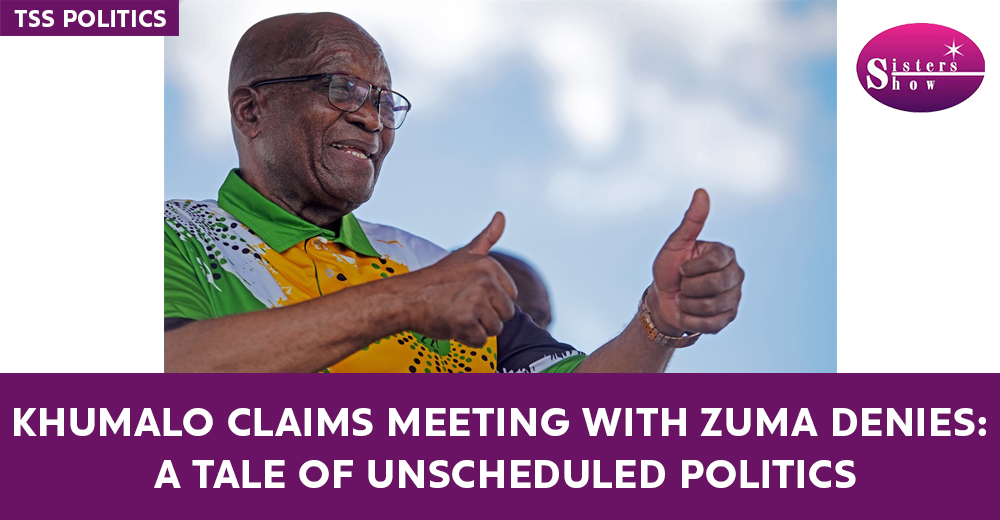
In a recent development that has stirred up the political landscape in South Africa, Jabulani Khumalo, the founder of the uMkhonto weSizwe (MK) party, has announced his intention to meet with former President Jacob Zuma to discuss the contentious issue of his expulsion from the party. This move comes amidst a series of allegations and counter-allegations that have plagued the MK party, which Khumalo registered with the Electoral Commission of South Africa (IEC) last year.
Khumalo, along with four other members, was expelled from the party, a move that the party described as necessary to safeguard its integrity and ensure alignment with its overarching goals. The expelled members were labeled as rogue elements within the party, accused of being agents planted to destabilize it. Despite this, Khumalo maintains his position as a member and leader of the MK party, emphasizing that the party does not belong to him or Zuma, but to the people who support it.
However, Zuma’s daughter, Duduzile Zuma-Sambudla, has denied that any meeting is scheduled between the former president and Khumalo. This denial comes as the MK party has been embroiled in several legal challenges since its registration, with the IEC appealing the Electoral Court’s ruling that Zuma was eligible to stand as a candidate, despite an earlier objection that he was not allowed to contest in the elections due to a conviction and sentence for defying a court order.
The MK party has also faced allegations of signature fraud, which could potentially imperil its legitimacy in the upcoming elections. This controversy has been further complicated by the party’s recent strategic redeployment of its youth league leaders, raising questions about the party’s internal dynamics and the legitimacy of its leadership.
As the national and provincial elections approach, the MK party finds itself in a precarious position, with the party’s future hanging in the balance amidst these internal and external challenges. The upcoming meeting between Khumalo and Zuma is set to be a critical juncture in the party’s history, with the outcome potentially having far-reaching implications for the party’s standing and the broader political landscape in South Africa.




